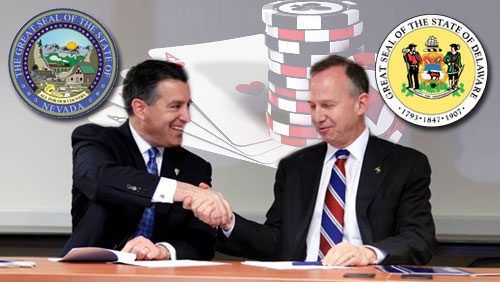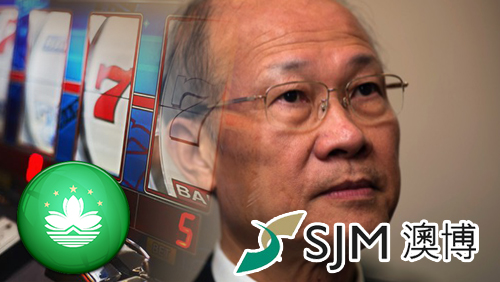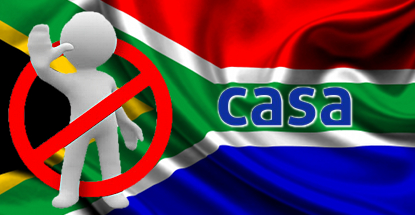The ongoing casino debate in New Hampshire is far from finished, even after a bill to legalize casino gambling in the state fell by the wayside last year because of one vote. But supporters of legalizing casinos remain undeterred and are now doubling down efforts to put two casinos in the state to help boost the local economy.
Sen. Lou D’Allesandro, a strong supporter of the move to open casinos is leading the charge and has proposed a new legislation – Senate Bill 113 – that would call for the opening of two casinos within the state, with no restrictions on the locations. That part of the legislation is a revision from past versions, which required that at least one of the casinos would be located in the North Country.
“I think it’s the right thing for New Hampshire,” D’Allesandro told the Eagle Tribune late last week, adding that casinos in New Hampshire would be a boon for the state’s economy and would prevent residents from gambling in other states, most notably Massachusetts. The argument, it seems, is grounded on the belief that if residents are going to gamble in casinos anyway, might as well do it within the state.
In addition to the cap of two casinos, SB113 also calls for one of the casinos to come with an $80 million licensing fee with the other casino getting a license fee of just $40 million. To reflect the disparate amount of the fees, the casino with the bigger fee will receive permission to have anywhere from 80 to 160 gambling tables to go with 2,000 to 3,500 slot machines. Meanwhile, the casino with the smaller license fee will be permitted to have 25 to 60 gambling tables and 700 to 1,500 slot machines. Part of the new bill also touches on 3% cut that the host community will receive from casino revenues while abutting towns would share in 1% of the revenue and the host county getting another 1%.
The proposed bill appears to be far more ironed out than past versions, but actually getting lawmakers to agree on approving it is still easier said than done. After all, the state has rejected one casino bill after another since the 70s, and the recent trend hasn’t been a good one for those pushing to legalize these establishments. Fortunately for D’Allesandro and the rest of his pro-casino posse, they have a strong supporter in Governor Maggie Hassan, who has already gone on record saying that a casino in the state, albeit a highly regulated one, has a lot of potential to become a strong source of revenue for the state’s economy. It’s still unclear whether Hassan will support a bill that’s proposing two casinos instead of one, but supporters of the bill can take comfort knowing that that she, in her own words, would be “responsive to constructive dialogue” with regards to the issue.
But not everyone is still on board with that idea. Significant pockets of the population remain steadfast on their belief that allowing casino gambling in the state wouldn’t solve its economic woes. Among these groups include the League of Women Voters, Casino Free NH, and the Granite State Coalition Against Expanded Gambling. Among other arguments, these groups believe that whatever economic benefits casinos would have on the state will likely be more detrimental to the it’s economy in the long run.












